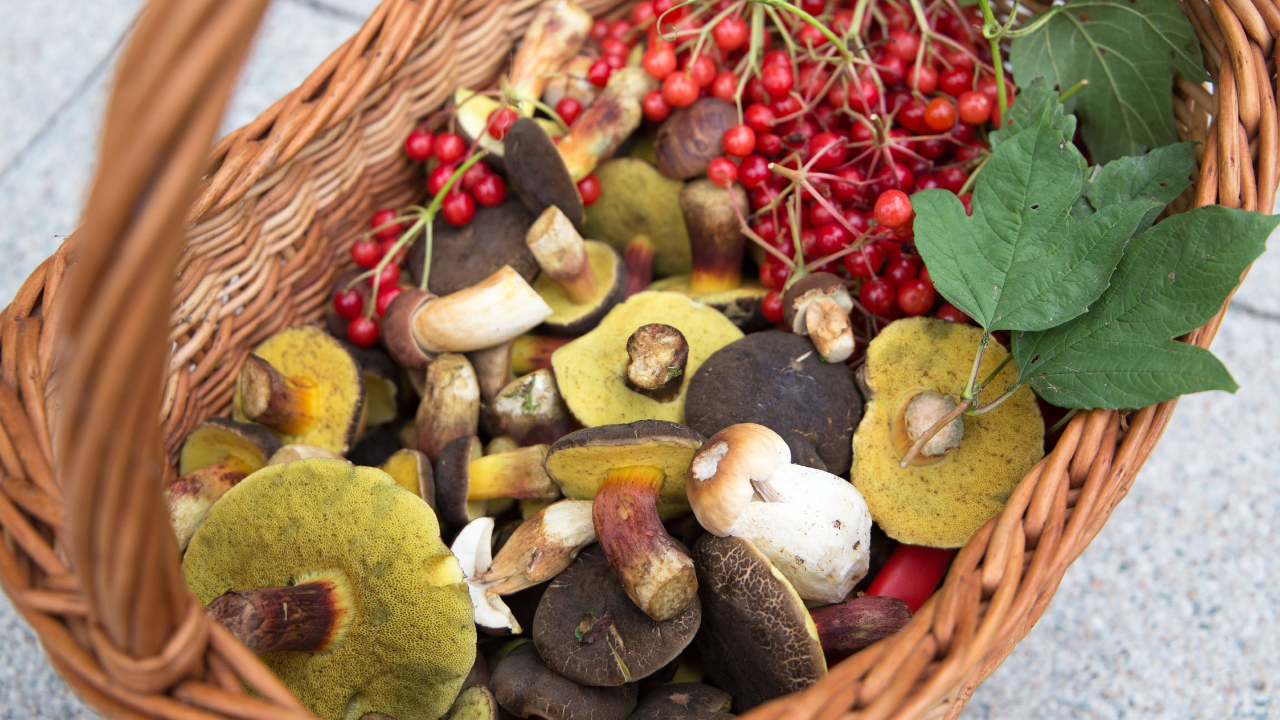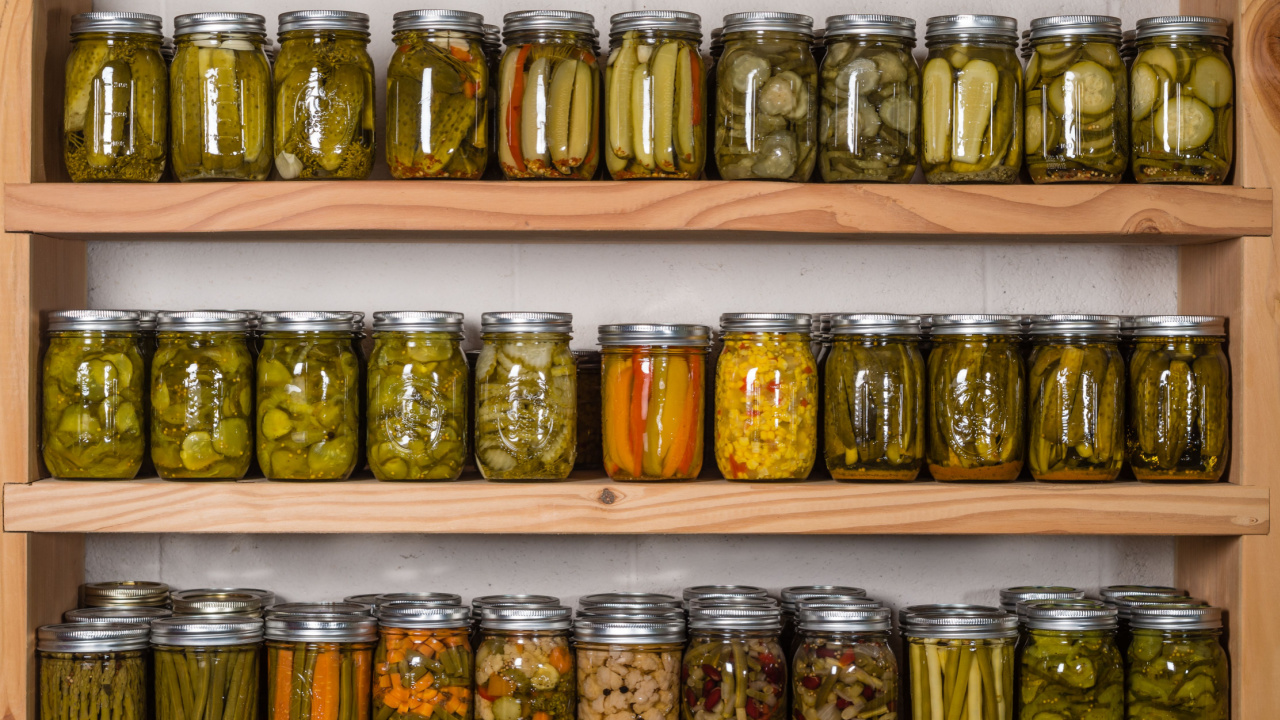When a crisis hits, staying calm and thinking clearly can make all the difference. Whether you’re dealing with a natural disaster, an emergency at home, or any unexpected situation, these tips will help you stay composed and make smart decisions.
1. Take Deep Breaths

Deep breathing helps calm your nervous system. Inhale slowly through your nose, hold for a few seconds, and exhale through your mouth. Repeat this a few times to help reduce anxiety. This simple technique can lower your heart rate and help you regain focus.
2. Assess the Situation

Take a moment to understand what’s happening. Look around, gather information, and identify any immediate dangers. This will help you prioritize your actions. Knowing the full scope of the crisis allows you to respond more effectively.
3. Stay Informed

Use reliable sources to get accurate information. Knowing what’s going on can help you make better decisions and avoid unnecessary panic. Stay updated through trusted news outlets or official channels to avoid misinformation.
4. Make a Plan

Once you understand the situation, create a simple plan. Outline the steps you need to take and the resources you’ll need. Having a plan can give you a sense of control. Write down your plan if possible to keep it clear and organized.
5. Focus on What You Can Control

Concentrate on the things you can influence. Worrying about what you can’t control will only add to your stress. Take practical steps to address the issues within your reach. This approach helps conserve your energy for actions that make a real difference.
6. Stay Hydrated

Drinking water helps keep your body and mind functioning properly. Dehydration can make it harder to think clearly, so make sure you’re drinking enough fluids. Keep a water bottle handy to remind yourself to drink regularly.
7. Communicate Clearly

Share important information with those around you. Clear communication can prevent misunderstandings and ensure everyone knows what to do. Use simple, direct language to convey your message effectively.
8. Use Positive Self-Talk

Encourage yourself with positive thoughts. Remind yourself that you can handle the situation and that you’re taking the right steps. This mental boost can improve your confidence and decision-making abilities.
9. Break Tasks into Steps

Divide larger tasks into smaller, manageable steps. This makes it easier to focus and reduces feelings of being overwhelmed. Tackle each step one at a time to maintain steady progress.
10. Stay Physically Active

If the situation allows, move around to release built-up tension. Physical activity can help clear your mind and improve your mood. Even simple exercises like stretching can make a big difference.
11. Keep a Routine

Stick to a routine as much as possible. Familiar habits can provide comfort and stability during uncertain times. Maintaining normalcy can help reduce stress and anxiety.
12. Practice Mindfulness

Stay present in the moment. Mindfulness techniques, like focusing on your breathing or paying attention to your surroundings, can help reduce stress. This practice can also improve your ability to respond calmly and thoughtfully.
13. Seek Support

Don’t hesitate to ask for help if you need it. Whether it’s family, friends, or professionals, support from others can provide comfort and practical assistance. Sharing your concerns can also help lighten your emotional load.
14. Reflect and Learn

After the crisis has passed, take time to reflect on what happened. Think about what you did well and what you could improve. Learning from the experience will help you be better prepared for future challenges. Writing down your reflections can provide valuable insights for the future.
38 Things Every Prepper Should Stockpile That Aren’t Water, Food, or Weapons

This list extends beyond the basic survival trio of water, food, and weapons. It’s a given that we need to stock up on water, food, and a way to defend ourselves and what we have. But what other things will you need in a survival situation?
None of us truly knows what TEOTWAWKI will really look like, although most of us have theories we think most likely. But whatever the situation is, there are certain supplies that it just makes sense to have on hand, aside from the obvious trio I mentioned above.
25 Winter Foraging Foods to Save Money on Your Grocery Bill

With food prices going up by 15% from October 2021 to October 2023, finding ways to cut down your grocery bills is more important than ever. Winter foraging is an awesome way to add to your pantry for free. Yes, you get free food in the form of wild edibles, but it’s also fun for the whole family, gets you moving, and reconnects you with nature.
Even though foraging in winter seems hard compared to the bounty of late summer, there’s still plenty out there if you know where to look. Plus, if things do go south, you need to know how to get wild foods to survive when there are no old-world supplies to access.
23 Smart Ways to Preserve Food

Preserving food is an art as much as it is a science, tapping into our ancestral roots and addressing modern needs. Whether you’re looking to avoid waste, prepare for leaner times, or simply enjoy the fruits of your labor year-round, these 23 smart methods will guide you through. I’m a huge fan of preserving things I find on sale, gluts of produce from my homestead, or produce I’ve bartered with someone else.
Katy Willis is a writer, lifelong homesteader, and master herbalist, master gardener, and canine nutritionist. Katy is a preparedness expert and modern homesteader practicing everyday preparedness, sustainability, and a holistic lifestyle.
She knows how important it is to be prepared for whatever life throws at you, because you just never know what's coming. And preparedness helps you give your family the best chance to thrive in any situation.
Katy is passionate about living naturally, growing food, keeping livestock, foraging, and making and using herbal remedies. Katy is an experienced herbalist and a member of the CMA (Complementary Medical Association).
Her preparedness skills go beyond just being "ready", she's ready to survive the initial disaster, and thrive afterward, too. She grows 100% organic food on roughly 15 acres and raises goats, chickens, and ducks. She also lovingly tends her orchard, where she grows many different fruit trees. And, because she likes to know exactly what she's feeding her family, she's a seasoned from-scratch cook and gluten-free baker.
Katy teaches foraging and environmental education classes, too, including self-sufficient living, modern homesteading, seed saving, and organic vegetable gardening.
Katy helps others learn forgotten skills, including basic survival skills and self-reliance.
She's been published on sites such as MSN, Angi, Home Advisor, Family Handyman, Wealth of Geeks, Readers Digest, and more.
